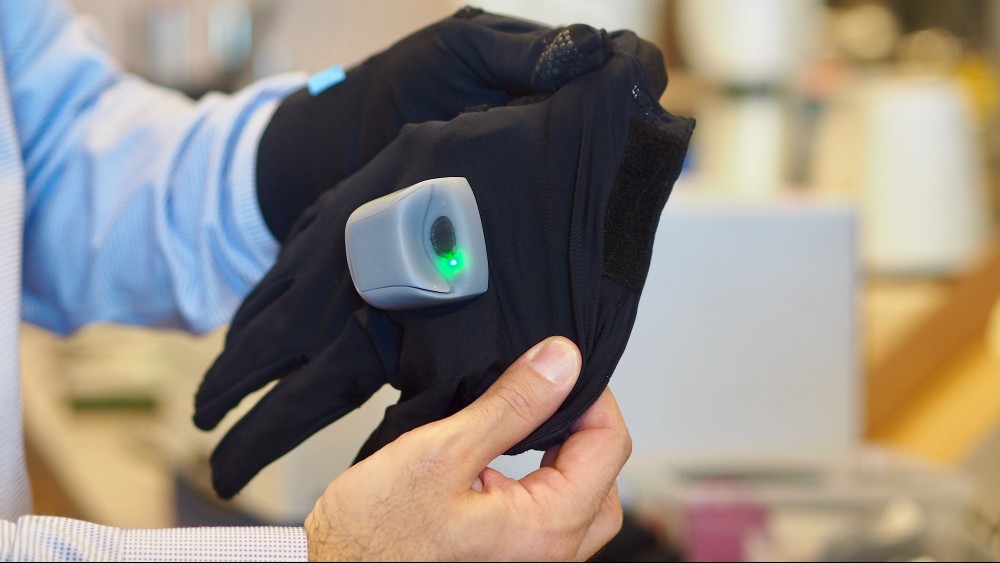Today we’re looking at a new wearable device that can help people recover from a stroke: it’s a smart glove.
This device comes from a partnership between researchers at the University of British Columbia and a Vancouver-based startup called Texavie.
Many people who survive strokes will spend a great deal of time trying to regain motor functions in their arms and hands.
Getting those abilities back can make a huge difference in a person’s independence and quality of life.
Participants in a pilot program are wearing the smart gloves during their rehab exercises.
The gloves will track all their finger and hand movements, and then the doctors can adjust their rehab exercises so that they get what they need most.
We use motion capture for a lot of things already, like the suits that actors use when they’re being digitized to appear in a video game or a movie.
But these smart gloves do very accurate motion capture without cameras.
That keeps cost down without sacrificing quality.
Plus, the gloves are flexible, wireless and washable.
And, assuming the testing goes as planned, the researchers think gloves like these could be useful in other ways, too.
Smart gloves could help people move themselves or other objects around in VR environments, they could type without a physical keyboard, or they could even track someone who’s communicating in American Sign Language and translate that into text in real time.
Plus, shaking hands while wearing a smart glove will seem so futuristic!
Starting this Friday in Camden, Maine, it’s the U.S. National Toboggan Championships.
There are competitions for two-person teams, three-person teams, four-person teams, and what the organizers call experimental teams, “for sleds that do not meet the ‘traditional’ criteria to pass inspection.”
‘Smart glove’ can boost hand mobility of stroke patients (University of British Columbia)
U.S. National Toboggan Championships
Backing our show on Patreon is smart
Photo by Lou Bosshart via UBC Media Relations

